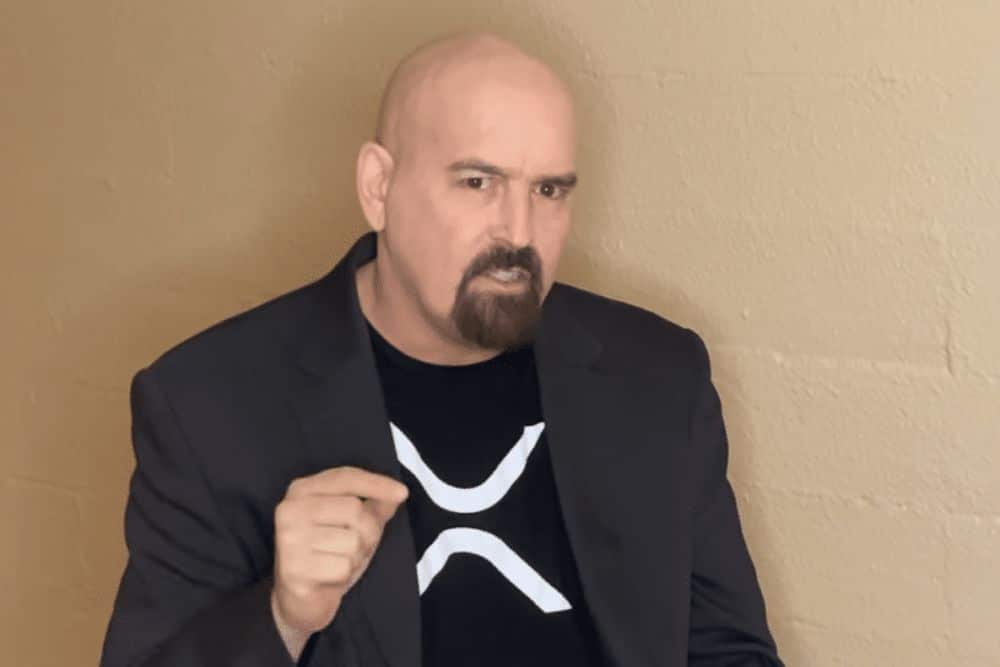Pro-XRP lawyer John Deaton reveals SEC’s’money grab’ in crypto speech aftermath, putting light on transparency concerns and regulatory uncertainty.

Pro-XRP lawyer John Deaton criticizes the recent crypto speech issued by the U.S. Securities and Exchange Commission (SEC) as a “pure money grab” in a withering critique posted on the X platform.
In contrast, Deaton’s audacious statements cast doubt on the SEC’s intentions, asserting a lack of transparency and drawing attention to a more extensive problem of corruption within the regulatory sphere.
Significantly, the post illuminates a period of contention characterized by the apparent prevalence of improprieties and conflicts of interest.
Pro-XRP Lawyer John Deaton Slams the SEC
John Deaton recently released a post on the X platform in which he expressed profound skepticism regarding the actions of the SEC.
In his post, he emphasized that he would have sued SEC the same way it did for Ripple if the case was against Ethereum, Consensys, Ethereum Co-founder and Consensys founder Joseph Lubin, Vitalik Buterin, “alleging ETH was a security”.
Meanwhile, he references a more extensive framework and designates the present era as the “Corruption Era,” providing examples of purported corruption that have implicated notable political figures.
Furthermore, according to John Deaton, this milieu allows regulatory officials to grant advantageous favors to their benefactors with minimal oversight from the mainstream media.
As per Deaton’s account, the Director of Corporation Finance would readily grant regulatory benefits to his funders, including the opportunity for them to participate in the speech and subsequently secure employment with the organization.
He posits that this is symptomatic of a period characterized by an overt disregard for conflicts of interest.
SEC Hearings and the Omission of ‘Sufficiently Decentralized’ Test
A post by the renowned crypto lawyer MetaLawMan echoes the sentiments of John Deaton.
The post raises concerns regarding the SEC’s deliberate exclusions during the Coinbase and Binance proceedings, particularly the lack of reference to Bill Hinman’s development of the “sufficiently decentralized” test.
Significantly, the post, as per MetaLawMan, suggests an absence of transparency and gives rise to concerns regarding the SEC’s management of guidance on the classification of crypto tokens.
Amid the hearings, the SEC emphasized the merits of its guidance on assessing whether crypto tokens qualify as securities. However, it ostensibly neglected to mention Bill Hinman’s “sufficiently decentralized” test, thereby introducing an element of inconsistency and potential partiality into their regulatory methodology.
Deaton’s vehement critique and MetaLawMan’s sharp observations highlight an increasing sense of doubt concerning the SEC’s regulatory procedures in the cryptocurrency industry.
The importance of transparency, impartiality, and consistent guidelines grows as the cryptocurrency community confronts evolving regulatory frameworks.
The progression of the storyline prompts significant inquiries regarding the responsibility and impact of regulatory organizations on the trajectory of the cryptocurrency sector.
